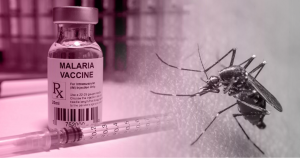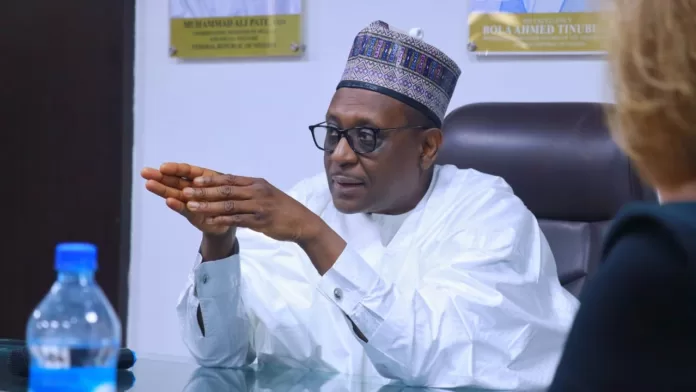The Coordinating Minister of Health and Social Welfare, Prof. Muhammad Pate, has revealed that Nigeria loses over $1.1 billion annually to malaria in terms of its Gross Domestic Product (GDP).
Pate made the statement during the inaugural meeting of the Advisory on Malaria Elimination in Nigeria, held in Abuja.
According to a press release by the ministry’s Deputy Director of Information and Public Relations, Alaba Balogun, Pate emphasized that malaria is not just a health crisis but an economic and developmental emergency that requires urgent attention and action.
Pate stated, “Malaria continues to exert an unacceptable toll on Nigeria. With 27 per cent of global malaria cases and 31 per cent of global malaria deaths, our country bears the heaviest burden of this disease.
In 2022, over 180,000 Nigerian children under the age of five lost their lives to malaria – a tragedy we have the tools to prevent.”
He continued, “This is not just a health crisis; it is an economic and developmental emergency. Malaria reduces productivity, increases out-of-pocket health expenditures and, compounds the challenges of poverty.
READ ALSO: FG still Investigating Workers Receiving Salaries from Abroad — HoS
The annual loss to Nigeria’s GDP from malaria exceeds $1.1 billion, a stark reminder of the economic imperative of elimination.”

Prof. Pate highlighted that malaria elimination is a key part of the Nigeria Health Sector Renewal Investment Initiative framework, aimed at transforming the nation’s health sector, in alignment with the current administration’s renewed hope agenda.
Additionally, Pate emphasized the vital role of traditional and religious leaders in mobilizing grassroots support and fostering behavioral change toward the elimination of malaria.
READ ALSO: NAFDAC Issues Warning on Antibiotics Misuse Amid Threat of Antimicrobial Resistance
The Minister of State for Health and Social Welfare, Dr. Iziaq Salako, also addressed the meeting, confirming that the advisory body comprises a group of experts who will offer evidence-based advice to help reduce Nigeria’s malaria burden and establish realistic pathways toward a malaria-free country.
“For us to succeed, the private sector, the international partners, the healthcare workers, and the communities we serve must be harnessed and coordinated,” Salako added.
The advisory body, led by Prof. Rose Leke, consists of globally recognized experts tasked with advancing evidence-based solutions to tackle the malaria challenge.
Their focus will be on ensuring that malaria elimination is prioritized in government budgets and plans at all levels, as well as establishing accountability frameworks to ensure sustained progress in the fight against malaria.

